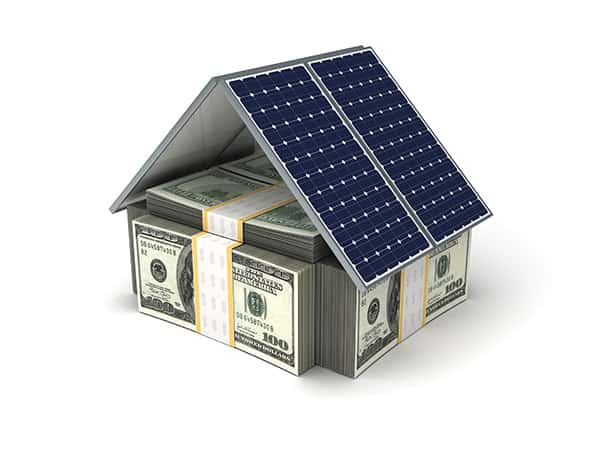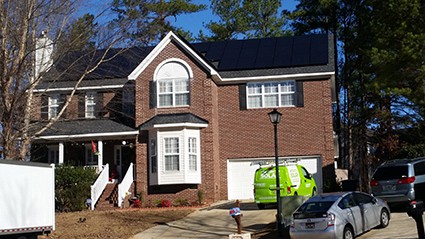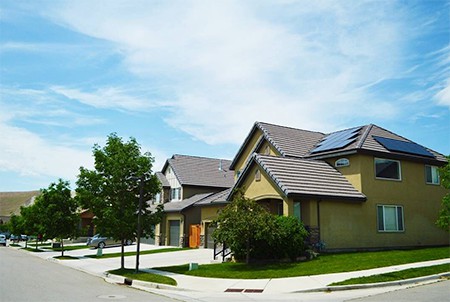There are all kinds of reasons to think about switching to solar. Savings is one such reason – after all, who doesn’t love saving money on their monthly power costs?
Still, making the switch to solar can initially bring up far more questions than answers. Let’s get to work on addressing some initial information to keep in mind for solar power.
Why Going Solar is Like Setting Up a Savings Account
Solar technology has actually been in existence since the late 1800s. By 1950, the first solar panels were in active development. Solar panels are comprised of many small cells that harvest sunlight and extract energy from it.
Today’s solar panels are lightweight, attractive, and affordable. The smaller panels may sit right on the roof of a mobile home or off-grid cabin.
The larger panels, however, are often connected to the main utility grid. Whatever solar energy the homeowner does not consume can then be redirected to other needs and the energy provider reimburses the homeowner for that contribution.
So you are building solar savings on two levels: by trimming your monthly utility bills and by generating extra power you are essentially selling to the local power company.
Why Should You Consider a Switch from Utility to Solar Power?
Local, regional and federal government agencies are doing their best to make switching to solar an attractive option for local homeowners and businesses.
Solar incentives can include rebates, tax credits and other benefits. Some states have state-wide programs while others offer incentives at the local level. Imagine, for example, that you could save up to 30 percent on your investment in solar technology plus receive a rebate of $0.50+ for each watt of energy you consume.
Incentives are not the only avenue for funding your investment into future solar energy savings, either. With new solar leasing or third party purchasing agreements, in some areas it is now possible to pay off your solar panels with fixed-price energy contracts instead. The panels remain the property of the lessors but the lessee (you) reaps the benefits through very competitive energy prices.
It is easy to answer the question of “why solar?” with such generous incentives and programs to support you in making the switch!
How Much Can You Save by Switching to Solar?
According to the Union of Concerned Scientists, a well-placed solar panel capable of generating five kilowatts (kW) of power can easily provide one household with up to three-quarters of its daily energy needs.
Once your initial investment is repaid, this essentially translates to you getting your energy for free.
But the most important determinant of how much you may be able to save or earn is how much daily access you have to sunlight. The higher the sun output in your area and the better your solar panel placement is, the more sunlight you can capture and the more energy you can generate.
The typical solar household will pay back the entirety of their initial investment in less than 10 years. With today’s systems lasting 20+ years, this translates to at least 10 years of free power (plus the option of selling extra power back to the utility company) until the panels require replacement.
Can a Switch to Solar Improve Your Home’s Resale Value?
One very common question many concerned homeowners have is whether the installation of solar panels will impact the future resale value of their home.
Whether you purchase your own solar panels with an eye towards future free energy (and energy sales) or you lease solar panels in exchange for attractive power rates, the option for solar power translates as a benefit and improvement to the future salability of your home.
In particular, if you choose to purchase and install your own solar panels, this can increase your home’s value and thus your home’s future resale value. Offering potential buyers the option for a paid-for and essential free sustainable energy source is a hard selling point to beat!
In more rural areas with less reliable local power grids, having a personal reliable power source can also be very attractive to prospective home buyers.
In summary, with today’s top notch solar panel technology combined with very attractive ongoing tax credits and energy rebates, switching to solar might just end up being the most stable, reliable and lucrative long-term savings account you have ever had.
Check us out at Homeowner.org for more on home improvement. We’re here to be your ultimate resource as a homeowner!



